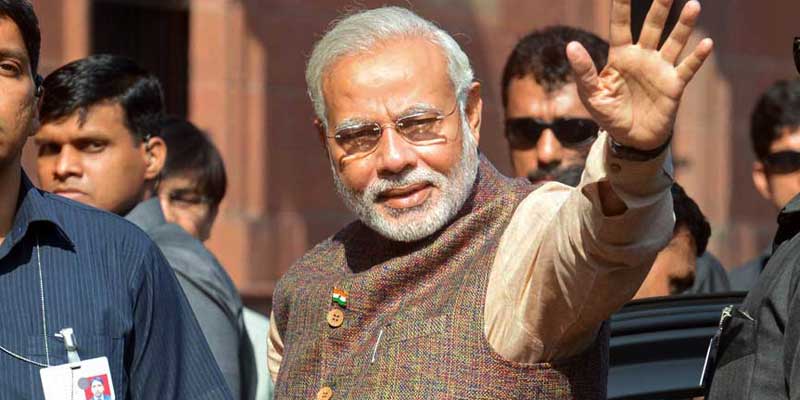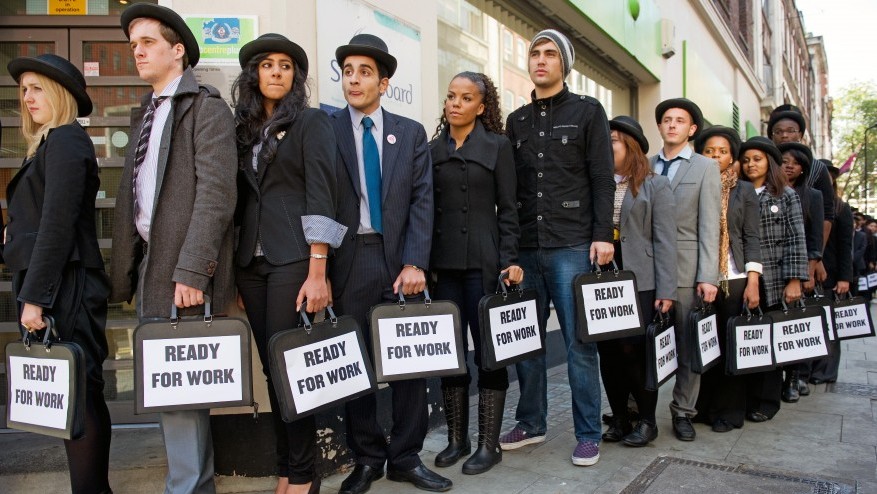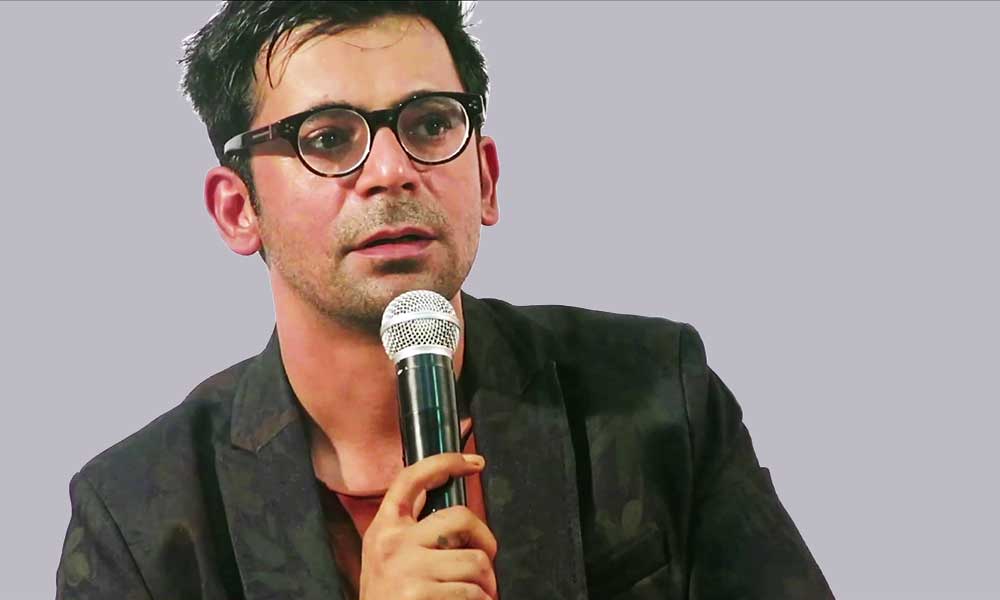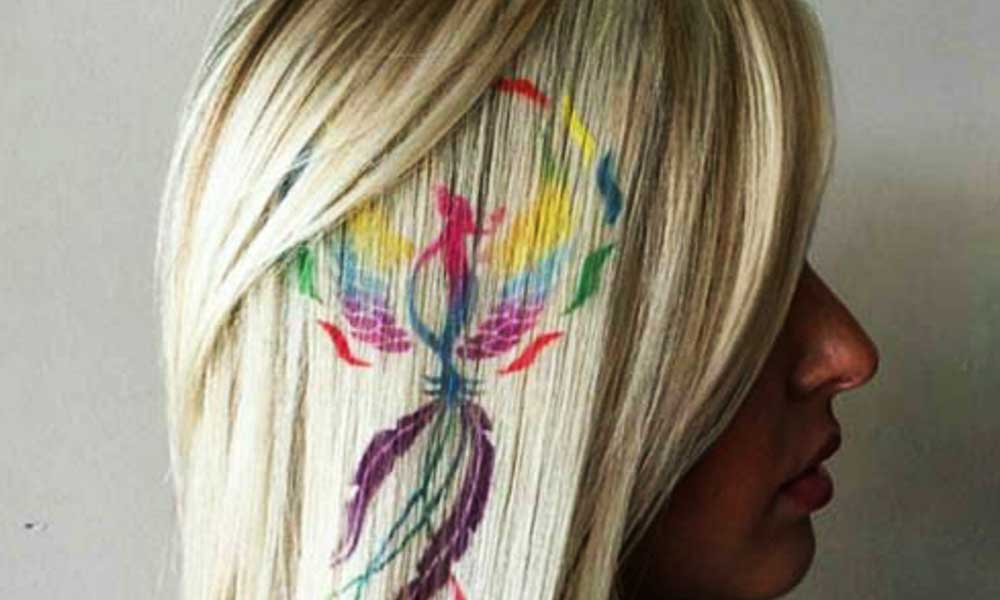Washington Post, New York Times and the Time magazine ‘“ all has forgotten the US Visa row and are now gushing over the fashion sense of our prime minister.
The western media, who saw our Prime Minister Narendra Modi as no less than a demon who ordered massacre of many lives in Gujarat riots, is now going gaga over his fashion sense and humble beginnings. Washington Post, New York Times and the Time magazine – all has forgotten the US Visa row and are now gushing over the fashion sense of our prime minister.
The talks in the US media, especially about the #ModiKurta (Yes, his attire has its own hashtag on twitter) started when he registered a landslide victory in the Lok Sabha elections. The author of the Washington Post, Swati Sharma has the opening line: “Move aside, Michelle Obama. The world has a new fashion icon. And no, it’s not Vladimir Putin, despite his fitness regimen — it’s India’s new prime minister, Narendra Modi.”
The Time notes: “the trademarking of the “Modi Kurta” — his signature outfit that, much like his politics, offers a certain contemporary practicality to the fabric of Indian tradition.”
The most detailed and giving a sense of the message that Modi’s way of clothing provides is the New York Times article, titled ‘Narendra Modi: A Leader Who Is What He Wears’. Author of the article Vanessa Friedman notes the “fashion fallout” of the image crafted of and by Modi through his clothing.
She says that “even by the standards of India itself, where leaders have perhaps understood the use of clothing as a communication device better and longer than any of their international peers (see: Mohandas K. Gandhi’s adoption of the dhoti, Jawaharlal Nehru’s jacket, and Indira and Sonia Gandhi’s saris, made from traditional Indian khadi), Mr. Modi stands out. Literally and strategically.”
The crisp short sleeved cotton kurta that Modi wears with a sadri and cudidar payjama is often light coloured. Most of the time, the colours of the kurta and sadri are matched, but sometimes they bear the contrast. For example, Modi mostly wears saffron, white, light pink or blue coloured kurta with a white or matching sadri, but sometimes he wears bold colours as mustard yellow and dark blue with a contrast brown, indigo or khaki sadri.
Modi’s choice of kurtas also differs according to occasions. For example, he wears short sleeved Kurtas in an informal meeting or rally. But when there is an official meeting, he switches to a full-sleeved kurta buttoned till the neck. He also sports various types of hats to give a sense of belonging to the people present in his rallies or meetings.
However, he refrais from wearing green – a colour associated with Muslims and has also refrained from wearing skull caps used by Muslims.
The Modi Kurta is classy, comfortable, showing connection with the roots of the Indian culture yet having hints of business and seriousness in it. Friedman quotes editor of Vogue India Priya Tanna explaning the message in eight points. She counts:
“One: Mr. Modi’s choice of a kurta underscores a cultural image that is “100 percent India.” Two: it is democratic — anyone can dress in the same way. Three: it supports local industry. Four: it differentiates him from his political rival, Rahul Gandhi, who favored simple white shirts to counter his family’s status as members of India’s elite, and who also came from the tradition of westernized Oxbridge dress. Five: this in turn underscored Mr. Modi’s humble beginnings (he was the son of a tea seller), as he does not need to pretend to be humble; he can embody upward mobility.
Six: the fact that Mr. Modi’s kurta is always crisp and neat, and often colorful (he has appeared in orange, chartreuse and light blue, among other colors) provides a clear contrast to what India Today called “the era of unkempt, paan-chewing (politicians) with pot bellies, crumpled dhotis and discolored kurtas.” Hence it suggests a clear embrace of professionalism and business. Seven: the fact that Mr. Modi’s kurtas are made from materials that include organic cottons and silks, combined with his unabashed fondness for nice watches (he has a Movado) and sunglasses (Bulgari), is the sort of aspirational dressing that mirrors the vision he has for his country and its industries. And eight: this is further highlighted by the story of his tailor, who began by sewing outside garment shops, and now has a chain of stores and has become something of a celebrity thanks to his famous client (who, by the by, approved the trademarking of the Modi Kurta).”
Last year, India Today had published an article on Modi’s fashion sense. It had said that Modi, in an interview, had explained that he used to cut the sleeves of his kurta to make it fit in his jhola. Later, he strated wearing these Kurtas made by Bipin Chouhan, a tailor who started working from outside shops in the market and now owns a chain of tailor shops named ‘Jade Blue’.
Although it is all about the comfort that he finds in these kurtas, the style has indeed a message.





